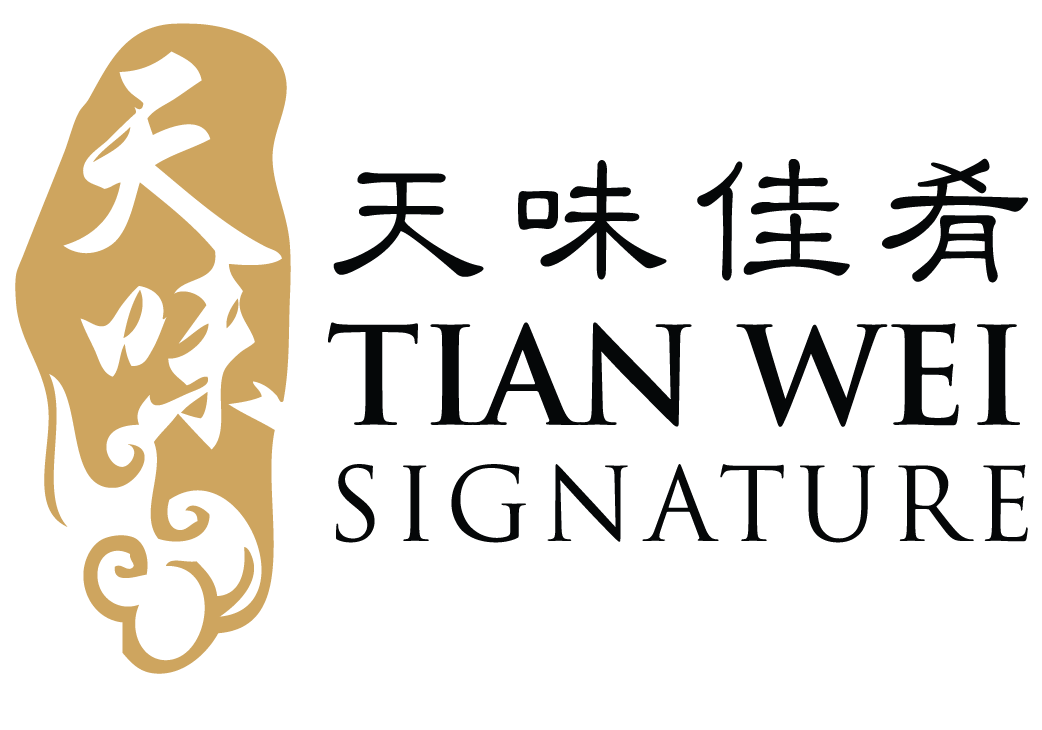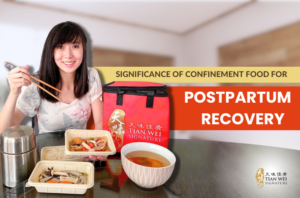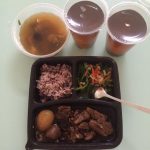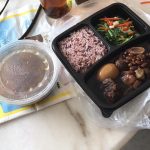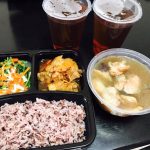81 Tagore Lane, TAG A, #01-11 Singapore 787502 ♦ Reservation : +65 6727 5599
Is Ketogenic Diet Safe During Postpartum?
What is a Ketogenic Diet?
A ketogenic diet is a diet that focuses mainly on a high fat and protein diet while keeping your carbohydrates low, not more than 50g per day. This diet was created for children with epilepsy as having a very low carbohydrate diet helped to manage the symptoms of epilepsy. These days, the ketogenic diet is a popular diet for weight loss as well. Many gym-goers swear by it for results.
Moreover, mummies are increasingly aware of such diets to lose weight during postpartum. Many even try to find a meal delivery service in Singapore that caters to this type of diet plan. However, many healthcare professionals recommend being cautious with this diet and should only be practiced under the supervision of a general practitioner and a dietitian. This diet is only recommended to practice for not more than 3 months.
What are the risks of having a ketogenic diet?
Ketogenic diet practically eliminates the whole macronutrient from the diet which is carbohydrate. Based on many popular diet trends, any food that contains carbohydrates is often painted as the “bad guy”. However, carbohydrate is important in a diet as it is the main source of energy. Some sources of carbohydrate foods are bread, rice, fruits, nuts, starchy vegetables, dairy, drinks and dessert.
When an individual avoids carbohydrate-containing food, the body is forced to use dietary fat or fat stores to produce energy. This process leads to a build-up of by-products called ketones. The longer an individual maintains this diet, the more ketones are accumulated and it will put the individual at risk of ketoacidosis. In simple terms, the buildup of ketones will affect the pH levels of the blood and cause the enzymes, muscle contractions, heart beatings and all other bodily functions to become dysfunctional. In severe cases, bodily function stops and may even result in death.
How harmful is it for lactating mothers?
Lactation Ketoacidosis
Lactation Ketoacidosis is a condition when a breastfeeding mother’s body becomes ketoacidosis. Symptoms experienced by these mothers are high blood sugar, high concentration of ketones in the urine and blood as well as high blood acidity. There have been reports of mothers undergoing lactation ketoacidosis mainly due to general reduced oral intake during lactation or have been identifiably on carbohydrate restricting diets in an attempt to lose weight.
Lactating mothers who under-eat are at a higher risk of ketoacidosis as there are higher calorie and nutrient requirements to achieve to support breastfeeding without affecting a mother’s nutritional status. Mothers who are diabetic or have gestational diabetes and breastfeed are at higher risk of spontaneously having lactation ketoacidosis if they are not eating regular meals.
Despite not eating enough, our bodies are biologically tuned to produce energy from fat stores, subsequently more breast milk for the infant. That is why breast milk supply is not affected but at the expense of the mother’s health. In very rare cases, some mothers may experience lower milk supply.
Electrolyte Imbalance and Dehydration
Other than that, a low carbohydrate diet like ketogenic diet can lead to lower insulin levels. Lower insulin levels can subsequently lead to increased amounts of sodium excreted via urine. This additional loss of sodium can lead to electrolyte imbalances and dehydration.
Electrolytes play an important role in maintaining homeostasis in the body, which help to regulate our heart and neurological function, fluid balance, oxygen delivery, acid–base balance and more important body functions.
Nutritional Deficiency
Oftentimes, diets that are not properly planned could lead to micronutrient deficiencies. This means a lactating mother is at risk of being deficient in certain nutrients like Magnesium, Selenium, Vitamin Bs, Vitamin C, Vitamin A and many more.
We all know how important nutrients like these support wound healing especially during early postpartum. Vitamin C, Vitamin A, selenium, magnesium and some vitamin Bs all come from fruits, vegetables, nuts, dairy products and wholegrains. All these foods have carbohydrates and are often avoided or kept to a minimum in a ketogenic diet.
Reduced Gut Health
There are limited studies available to show whether the ketogenic diet is a friend or an enemy to gut health. However, based on many studies available about supporting the gut microbiome, we understand that fibre and antioxidants from different food groups like fruits, vegetables, wholegrains and nuts do play a significant role in this. Therefore hypothetically speaking, being on a ketogenic diet that is not well planned can potentially reduce your good gut bacteria from thriving. Having a good gut microbiome is essential in supporting a good immune system as well as mental health. This is especially important to mothers during postpartum to reduce risk of postpartum blues and from falling sick easily.
Conclusion
Ketogenic may be a feasible way for some to lose weight. However, there are many factors to consider before initiating such a diet program especially during early postpartum. What is most important during this time for mummies is to eat a healthy and well balanced confinement meal plan so that mummies can recover well.
Nowadays, healthy confinement food delivery is very accessible. We understand that many mummies would like to snap back as soon as possible so that they can feel more like themselves again. Therefore, speak with your health care providers about your concerns and what matters to you, so that all these considerations could be taken into account, proper diet planning can be done with a dietitian and mummies can lose weight safely.
Tian Wei Signature provides a healthy and well balanced meal plan that provides fusion and traditional cuisines. All dishes served in our confinement food delivery service are specifically designed and planned by a dietitian to provide increased nutritional needs by mothers to recover and breastfeed during confinement. All Tian Wei Signature Meals are also prepared without added MSG.
Learn more about our confinement meal delivery Singapore service today, call us at +65 6727 5599! (Reachable from 9a.m. to 7p.m. on weekdays, and from 10a.m. to 7p.m. on weekends and public holidays).
